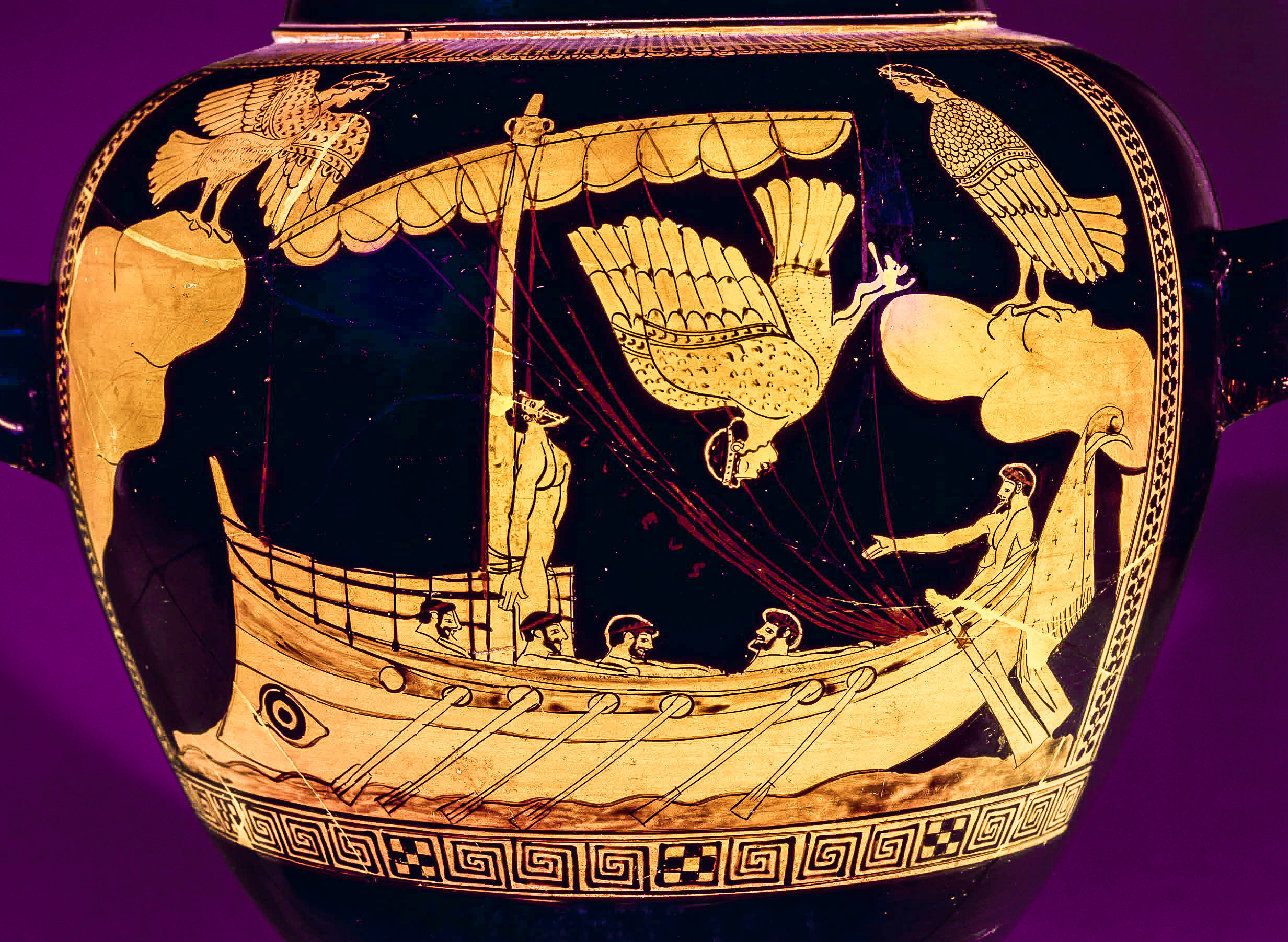My areas of research are consciousness studies, moral psychology, and the theory of well-being.
In my dissertation, I discuss the phenomenology, metaphysics, and ethics of pleasure and pain. I argue that in order to do justice to the phenomenology of pleasure and pain we need to admit of non-sensory modalities of experience. I draw on cognitive science and emotion theory to advance the view that pleasure and pain are non-sensory conscious experiences, and I argue that they are fundamentally valuable for our well-being. I defend these claims from two classic objections. The first is an objection to experientialism about pleasure and pain, known as “the heterogeneity objection”. The second is an objection to experientialism about well-being, known as “the experience-machine objection”.
Next, I plan to discuss further important problems for my view; in particular, alienation and self-abasement.
Here is a list of my published articles:
“Emotional Experience and the Senses” (2022)
in Philosophers’ Imprint 22: 20, pp. 1-20.
In this paper I investigate the nature of emotional experience in relation to the senses, and I defend the thesis that emotional experience is partly non-sensory. First, I draw on Plato to set some conditions on what counts as sensory experience. Then, I present two arguments against the claim that emotional experience is wholly sensory: my first argument is based on the possibility of knowledge of emotion by acquaintance; my second argument is based on the non-sensory nature of valence.
In my dissertation, I discuss the phenomenology, metaphysics, and ethics of pleasure and pain. I argue that in order to do justice to the phenomenology of pleasure and pain we need to admit of non-sensory modalities of experience. I draw on cognitive science and emotion theory to advance the view that pleasure and pain are non-sensory conscious experiences, and I argue that they are fundamentally valuable for our well-being. I defend these claims from two classic objections. The first is an objection to experientialism about pleasure and pain, known as “the heterogeneity objection”. The second is an objection to experientialism about well-being, known as “the experience-machine objection”.
Next, I plan to discuss further important problems for my view; in particular, alienation and self-abasement.
Here is a list of my published articles:
“Emotional Experience and the Senses” (2022)
in Philosophers’ Imprint 22: 20, pp. 1-20.
In this paper I investigate the nature of emotional experience in relation to the senses, and I defend the thesis that emotional experience is partly non-sensory. First, I draw on Plato to set some conditions on what counts as sensory experience. Then, I present two arguments against the claim that emotional experience is wholly sensory: my first argument is based on the possibility of knowledge of emotion by acquaintance; my second argument is based on the non-sensory nature of valence.
